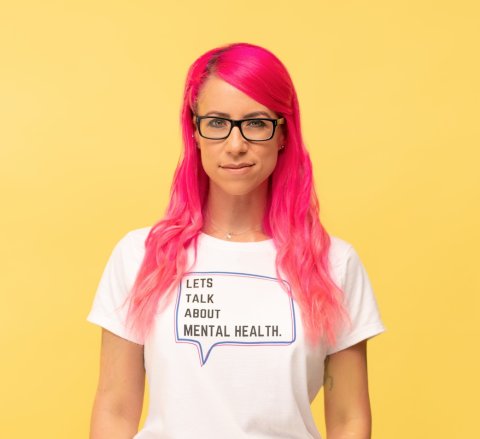Coping with failure
Sometimes things don’t go to plan in life – whether that’s getting the exam grades you want, getting into university or a job or apprenticeship you’d set your heart on.
A survey by the Mental Health Foundation found six out of ten young people aged 18–24 have felt so stressed by pressure to succeed they have felt unable to cope. But ‘failure’ is actually a part of life – and can even help us to become more resilient.
The Children’s Society guide to mental resilience
Nadia says: 'From the moment we’re born, we’re taught how to succeed. But never how to fail. That makes failure a bitter (and often) shameful pill to swallow… Yet if we deconstruct it, and instead of seeing failure as the enemy that highlights “weakness", we rebuild it as a tool to learn lessons from, suddenly it becomes incredibly powerful. Yes, failure can be frustrating and disappointing, but it’s also life’s greatest teacher. Ultimately, failure is not the opposite of success, it’s part of success'.



